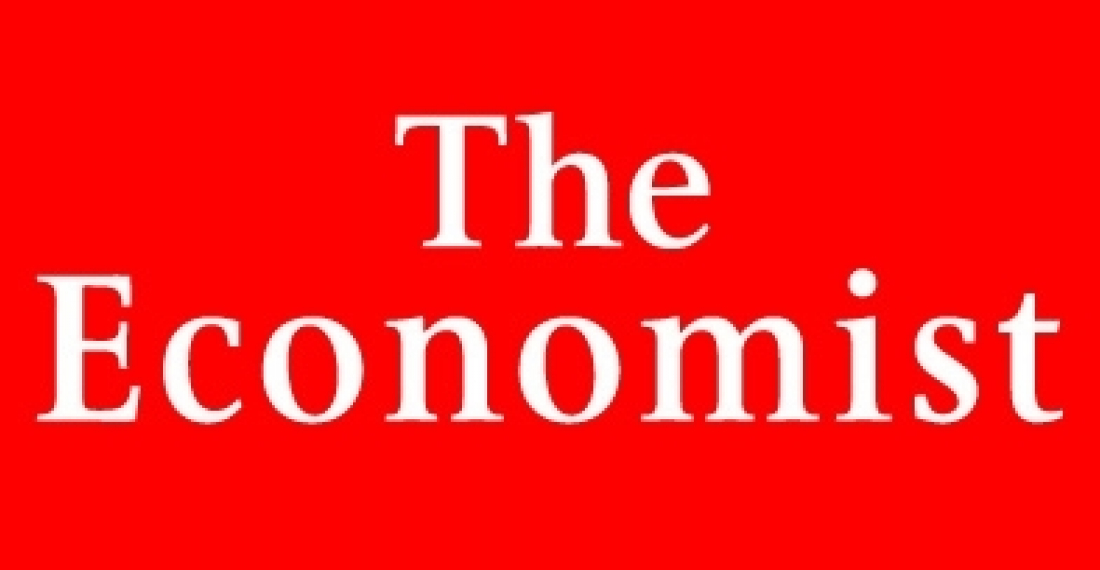Over the past year nothing changed in Armenia in terms of democracy, the expert of the UK-based The Economist magazine say.
The report on the state of democracy in 165 countries published at the end of the past week says that Armenia is once again on the list of countries with a "hybrid regime". As a rule, in such countries elections tend to have significant shortcomings, that does not qualify them as free and fair. Corruption in hybrid modes is widespread, and the rule of law is very weak. Such regimes are also persecutions of journalists, and the judiciary is not independent.
Democracy Index is based on 60 indicators grouped in five different categories: electoral process and pluralism, civil liberties,
functioning of government, political participation and political culture. In the report of 2011 Armenia got the same scores as in 2010. Armenia gathered 3 points and a little more for functioning of government and political culture. The country got almost 6 points for civil liberties.
Some recourse is observed in a number of countries of the CIS, including Russia and Azerbaijan. Russia, which was a "hybrid regime" together with Armenia in 2010, now has found itself among authoritarian regimes. As regards Azerbaijan, it demonstrated poor indices for media freedom.
In general, The Economist states that the wave of revolutions in the Arab world may spread to other parts of the world. Several factors may contribute to this, particularly, electoral fraud, continuous corruption, as well as the attempt of an authoritarian regime to prolong its power or hand it to a successor.
The Economist rates Armenia as a "hybrid regime" again
The Economist rates Armenia as a "hybrid regime" again







